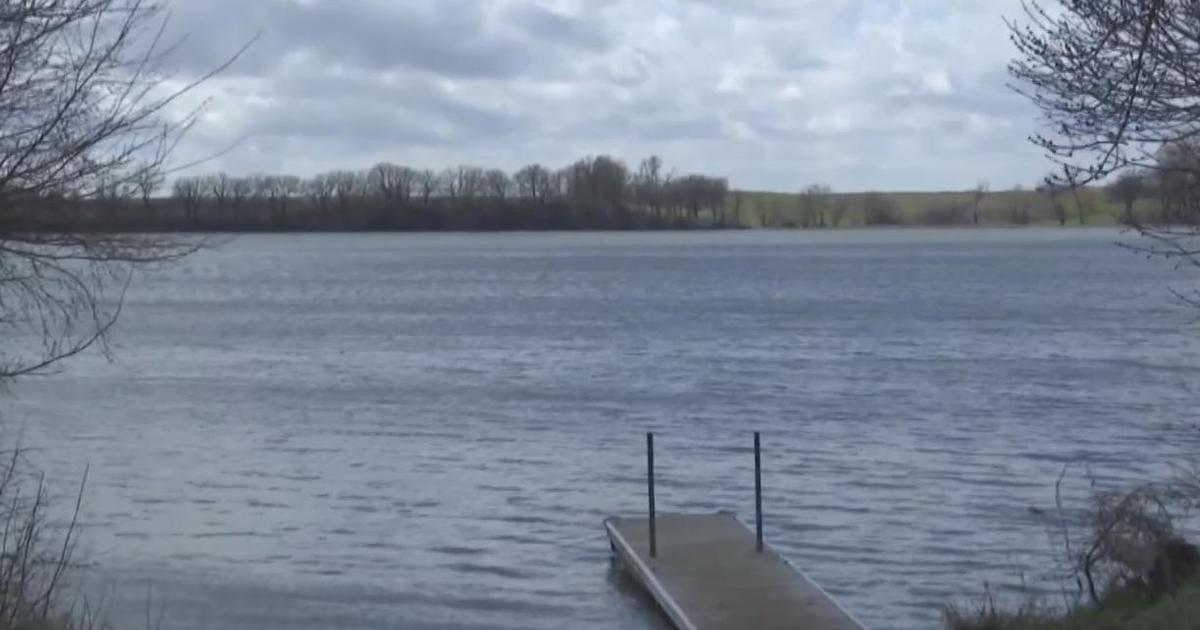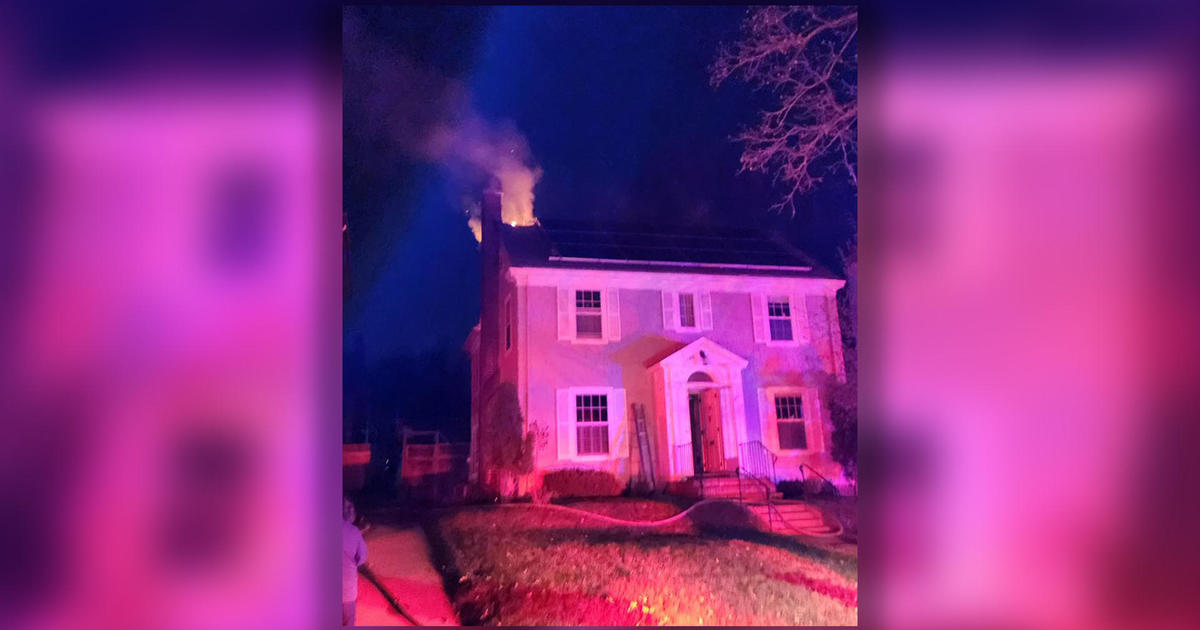MDH Warns Of Water Contamination In Aging Lead Pipes
MINNEAPOLIS (WCCO) -- Flint is like a lot of American cities with lead pipes in their water systems.
Usually harmless chemicals are added to the water to protect the pipes from corrosion. In April 2014, Flint tapped into its own river for water, it wasn't properly treated and stripped lead from pipes. Many kids later tested positive for having high levels of lead in their blood.
The Minnesota Department of Health (MDH) says testing has shown no lead in municipal water systems. However, it says anyone with a home built before 1986 is at risk for having lead in their water. While the use of lead pipes was phased out in 1927, lead was widely used in soldering and other pipe components through 1986.
On Wednesday, the state of Minnesota updated their website with more information on lead safety.
The MDH says it's up to individual homeowners to get their homes tested (here is the department's list of contractors who can test pipes, which can cost about $50).
While the state doesn't have any statistics, they say the tests do regularly turn up lead in drinking water.
At the MDH laboratory, more than 40,000 samples of drinking water from around the state are tested each year. Betsy Ehdlund is a research scientist for MDH.
"We are looking for heavy metals, which include arsenic, cadmium, lead, mercury," she said.
The good news is that in recent years these tests rarely turn up any lead, meaning the water leaving water treatment plants around the state is virtually lead-free. But when individual homeowners get their water tested, lead can turn up -- like it did at a home in Nurstrand, near Faribault, earlier this year. Stew Thornley, a health educator for MDH said,
"There was a leak in the homeowners hot water system," said Stew Thornley, a health educator for the MDH. "They re-sampled and found it to be very low, but they are still doing six months follow-up for the next year."
Water samples from rural Minnesota -- especially from well systems -- have turned up high levels of nitrates, which can be harmful and even deadly for infants.
Earlier this month, Gov. Mark Dayton announced a $220 million initiative to make Minnesota water safer.
"We have to face the fact that in Greater Minnesota there are a lot of small towns where the water is not safe to drink," Dayton said.
Even in newer homes, the MDH warns contaminants can leech from pipes into drinking water.
Two tips they recommend for all homeowners: If you haven't used your water for several hours, let it run for one minute to clear out impurities, and if you're cooking, start with cold water not hot -- hot water can contain more impurities than cold.



